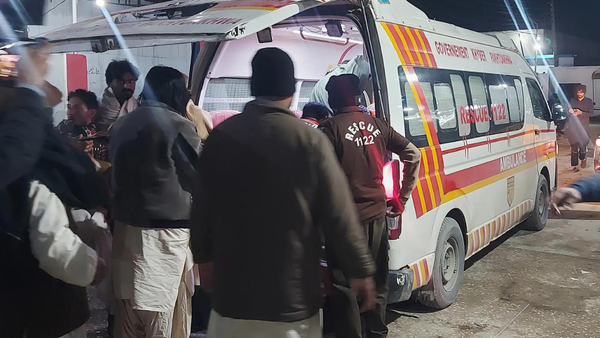
Around 10,000 new nurses graduate annually, yet up to 7,000 quit Thai state-run hospitals each year due to excessive workloads and inadequate pay for overtime, according to the nurses' union and Nurses Connect.
The significant rate of nurse resignations serves as a basis for urging the new government to explore more effective strategies to retain a maximum number of nurses within the country's state-run healthcare system.
Suwimol Namkanisorn, a representative of the nurse's union and Nurses Connect, said the rate of new nurses resigning within their first year of work is now as high as 48.9%.
"There is no need to increase the number of newly trained nurses, but having effective new measures to retain nurses in the state-run healthcare system is crucial," she said.
On average, these nurses work 80 hours per week, even though they are supposed to work at most 60 hours a week -- as stated in a regulation by the Thailand Nursing and Midwifery Council, she said.
The total number of working hours of a nurse used to be around 48 per week, but as more and more nurses resigned, the workload became more excessive, she said.
"It would help if the new public health minister can gradually lower the average number of working hours of nurses at hospitals under the Ministry of Public Health's jurisdiction from 80 to around 60 per week," she said.
As for overtime work payment, she said while nurses working at hospitals under the Bangkok Metropolitan Administration (BMA) now receive 1,200 baht per eight-hour shift, those working for hospitals under the ministry are paid only between 650 and 800 baht per shift, she said.
Ms Suwimol added that overtime pay should be at the same (higher) rate across the board.







